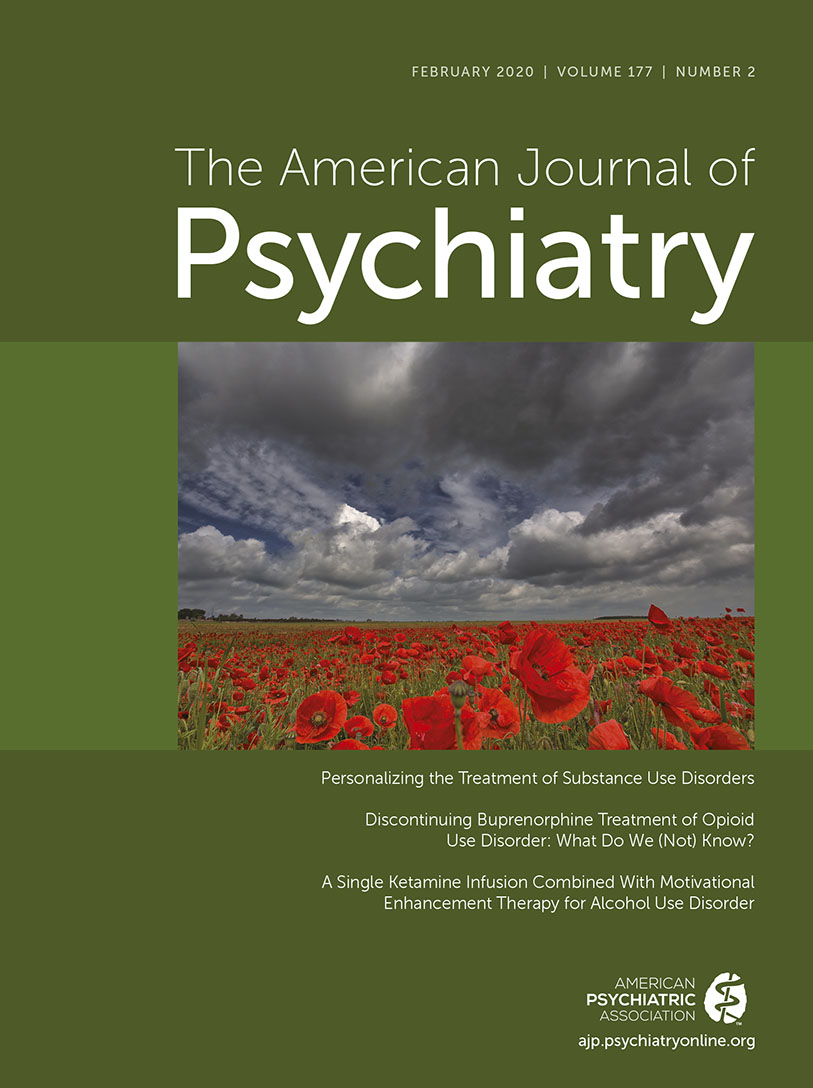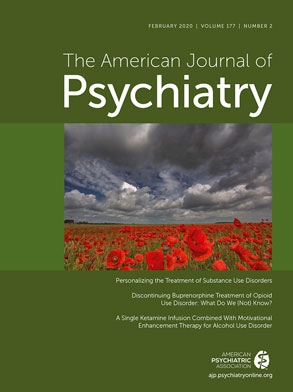All Suicidal Ideation Is Not Created Equal: Two Cases of Suicide Attempts During Maintenance Ketamine Treatment
A 56-year-old man with severe treatment-resistant depression since age 19 and several suicide attempts by overdose and carbon monoxide poisoning underwent multiple antidepressant trials, ECT, and transcranial magnetic stimulation. After one intravenous ketamine infusion (1 mg/kg), his depressive symptoms remitted, and he successfully transitioned to maintenance treatment of 60 mg of intranasal ketamine every other day for 2 years, with no suicidal ideation. Stressful life events (family members’ deaths and a deteriorating marriage) contributed to a sudden worsening of the patient’s symptoms. An increased ketamine dose with confirmed adherence, antidepressant adjustments, and psychosocial interventions were unsuccessful, and the patient died by suicide (carbon monoxide poisoning).
A 35-year-old woman with severe treatment-resistant depression, anxiety, and posttraumatic stress disorder (PTSD) since age 14 had a prior suicide attempt by hanging and a 6-year current depressive episode. She began intranasal ketamine treatment as an adjunct to 300 mg/day of bupropion and 225 mg/day of venlafaxine, with relief of depression and PTSD symptoms, and she continued treatment of 200 mg of intranasal ketamine every other day for 17 months. Without any reported triggering event, she discontinued ketamine for a week and attempted suicide by overdose. After hospitalization, she restarted intranasal ketamine plus antidepressant medications and has been in remission for 8 months.
References
Information & Authors
Information
Published In
History
Keywords
Authors
Funding Information
Metrics & Citations
Metrics
Citations
Export Citations
If you have the appropriate software installed, you can download article citation data to the citation manager of your choice. Simply select your manager software from the list below and click Download.
For more information or tips please see 'Downloading to a citation manager' in the Help menu.
View Options
View options
PDF/EPUB
View PDF/EPUBLogin options
Already a subscriber? Access your subscription through your login credentials or your institution for full access to this article.
Personal login Institutional Login Open Athens loginNot a subscriber?
PsychiatryOnline subscription options offer access to the DSM-5-TR® library, books, journals, CME, and patient resources. This all-in-one virtual library provides psychiatrists and mental health professionals with key resources for diagnosis, treatment, research, and professional development.
Need more help? PsychiatryOnline Customer Service may be reached by emailing [email protected] or by calling 800-368-5777 (in the U.S.) or 703-907-7322 (outside the U.S.).

